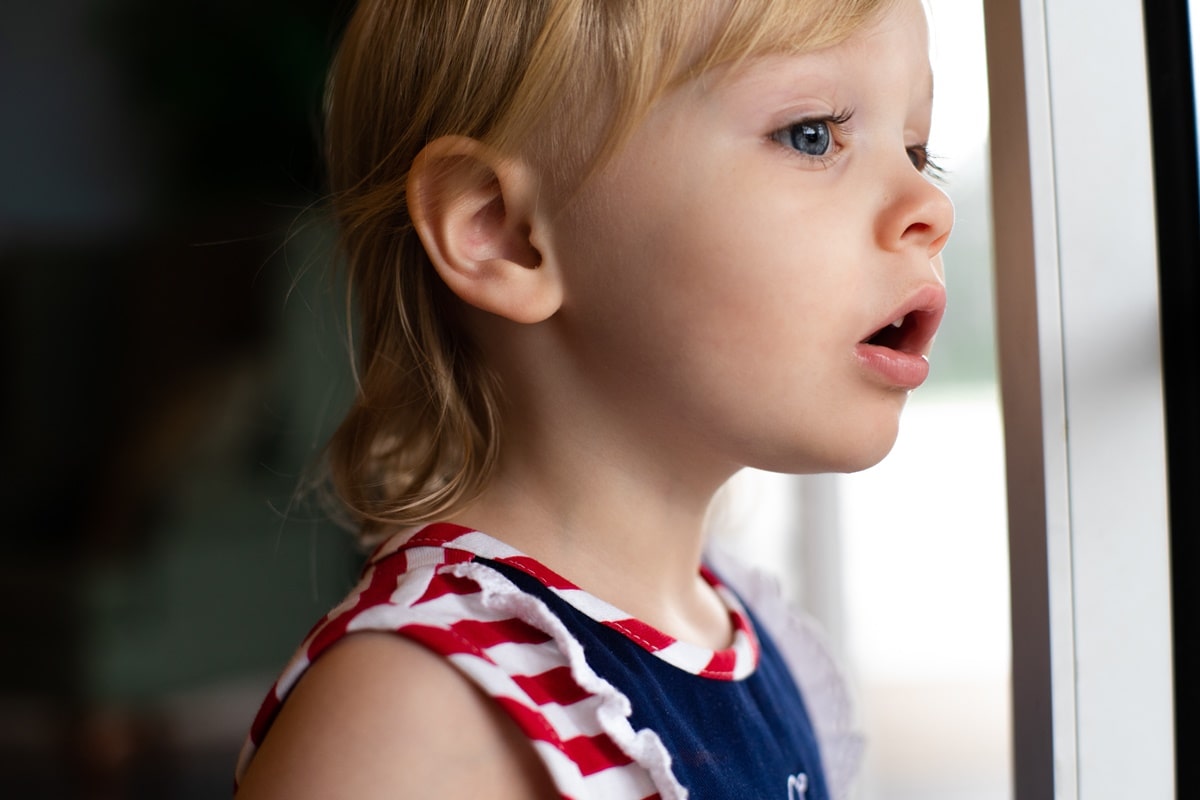Child poverty, including fuel poverty and food insecurity, is higher in the North than the rest of England. For many families the current economic chaos will deepen an enduring child poverty crisis in the region.
A new report by the All-Party Parliamentary Group (APPG), Child of the North, has found that children in the North are some of the least protected from the current cost of living crisis. In Yorkshire, the Humber and the North East, child poverty is at its highest level since 2000/2001.

Key findings from the Child Poverty and the Cost of Living Crisis report are:
• During the pandemic, 34% of children in the North (around 900,000) were living in poverty, compared with 28% in the rest of England. This equates to 160,000 extra children in poverty in the North.
• Before the current crisis, around one million households in the North were fuel poor, proportionally more households than in the rest of England (15% in the North compared to 12% in the rest of the country).
• The standing charge for energy prepayment meter customers in Yorkshire and the North East is higher (at around £3.80 per week) than the UK average (£3.60 per week).
• 23% of children in England who experience food insecurity miss out on free school meals.
• Families in the North are more likely to be living in poor quality, damp homes. Before living costs started to rise, over 98,500 homes in the North already had some form of damp and 1 million homes in the North failed ‘decent homes’ criteria.
David Taylor Robinson, Professor of Public Health and Policy at the University of Liverpool, and co-author of the report, said:
Poverty is the key driver of inequalities between children in the North and the rest of the country, which we know leads to worse physical and mental health, poorer educational attainment and life chances. All children, no matter where they are born, should be entitled to the same life chances. However, we know this sadly isn’t the case. The pandemic contributed to widening inequalities and now the rising cost of living will place further strain on families with children.
Parents across the North are having to go without meals to feed their children, and the situation will only get worse unless policies are put in place to ensure families have enough support to keep their children fed and warm.
Parents can also face isolation and a lack of support, further impacting their own mental health and confidence, and their ability to parent well. Under these circumstances, children are more likely to struggle with a range of social, emotional and behavioural issues.
Our parenting programmes are not a solution to poverty but can help reduce its impact by equipping parents and carers with the tools to build strong families in spite of their circumstances. If children are supported in a nurturing and stimulating home, the likelihood of experiencing difficulties in education and work, poor mental and physical health problems, and involvement in crime and antisocial behaviour is substantially reduced.
Ever since we launched in London in 2017, we’ve had a high proportion of partnerships in the South and South West of England. Over the last few years, we’ve slowly grown up to the Midlands, and we were very intentional about increasing our partners in the North of England in 2022. We now have over 10 partners in the North and partners in Yorkshire, Merseyside and County Durham for the first time, and are hoping to grow to meet the need in these areas.
If you’re interested in partnering with us please visit kidsmatter.org.uk or email us at partnership@kidsmatter.org.uk.